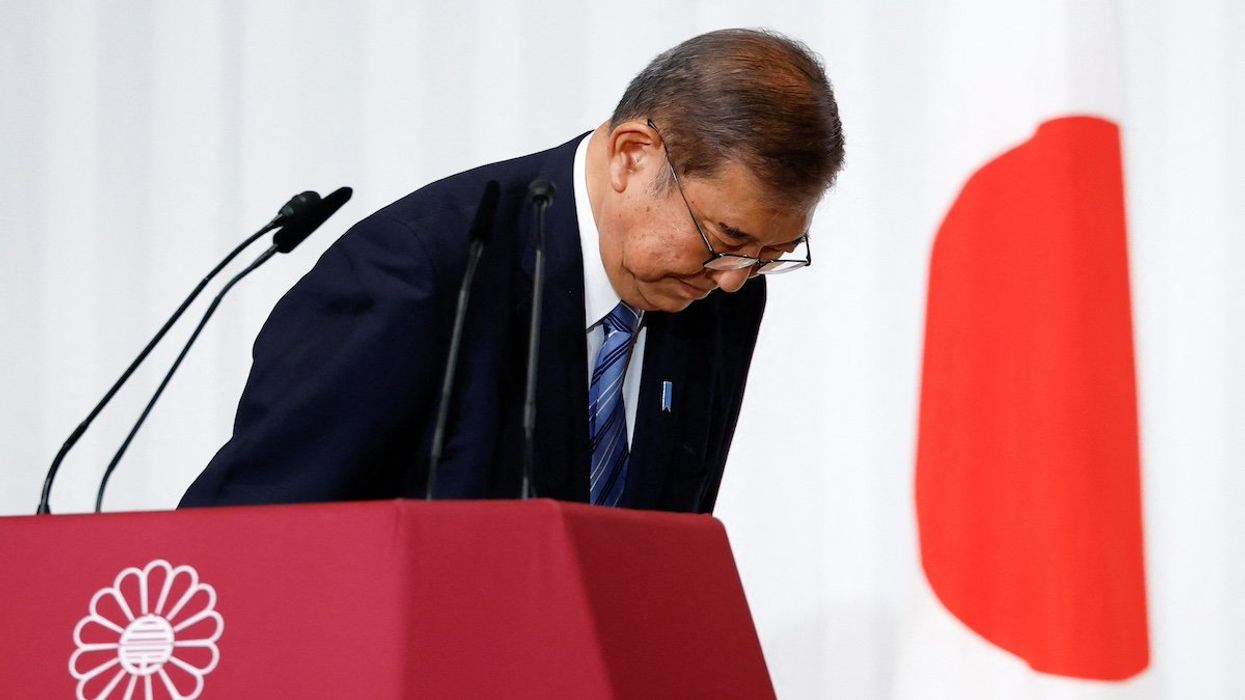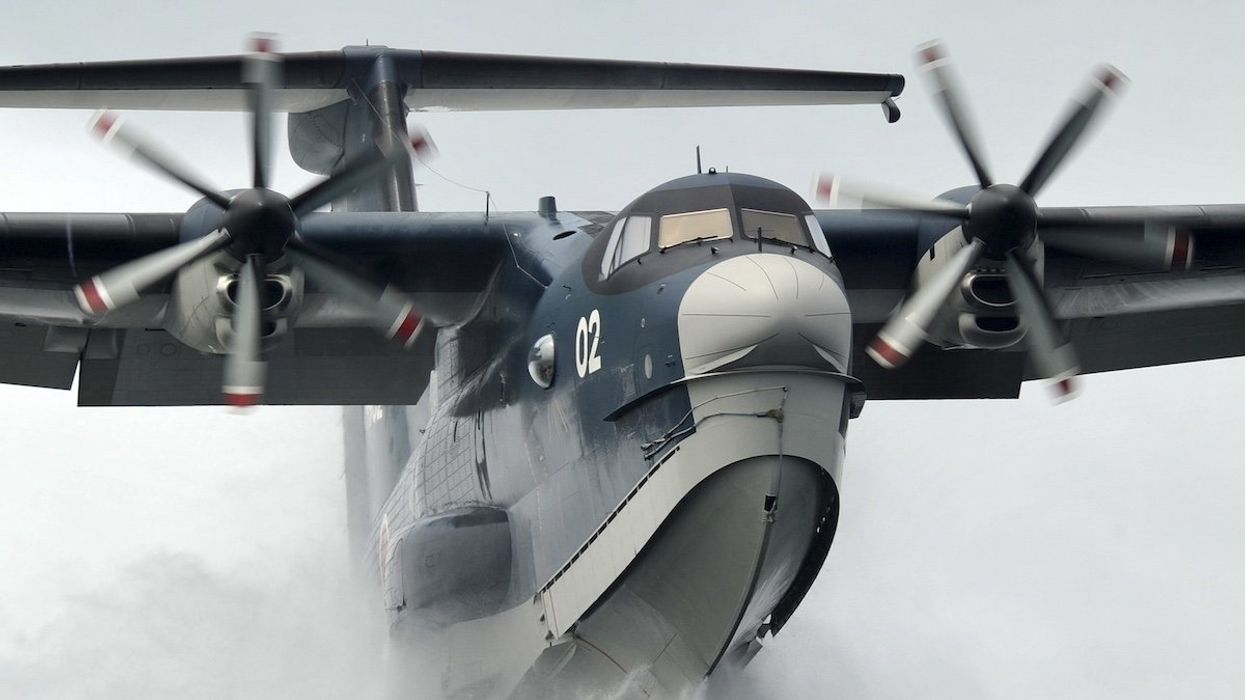What We're Watching
It’s horse-trading season in Japan after shock election
Japanese Prime Minister Shigeru Ishiba is promising deep internal reforms to the Liberal Democratic Party after voters delivered what he called a “severe judgment” in Sunday’s elections, costing him the majority in the lower house of Parliament.
Oct 28, 2024



